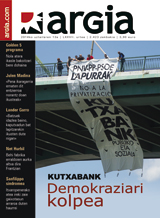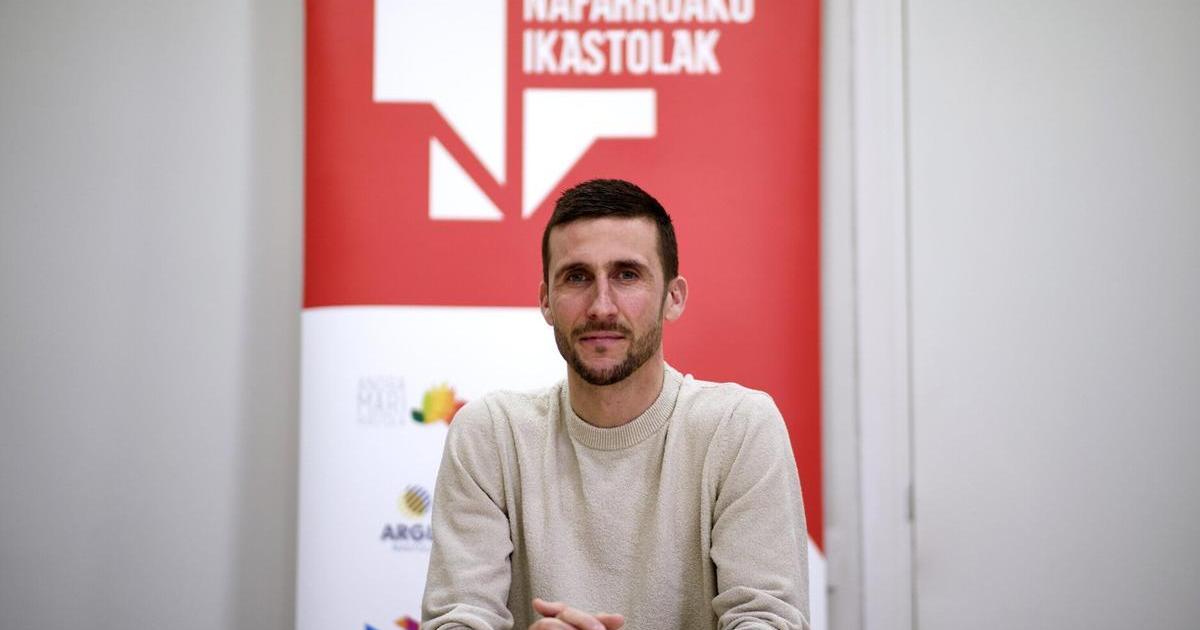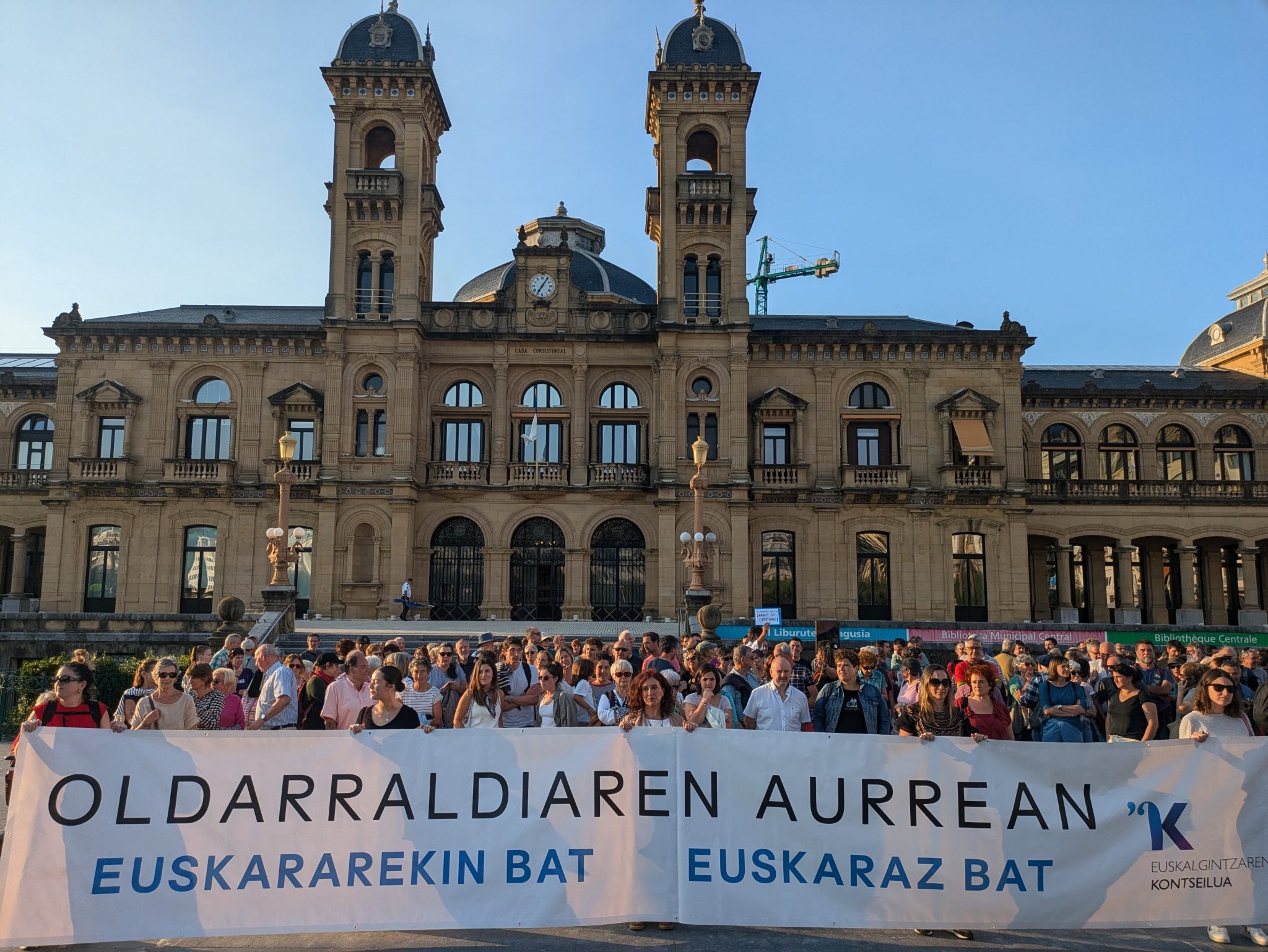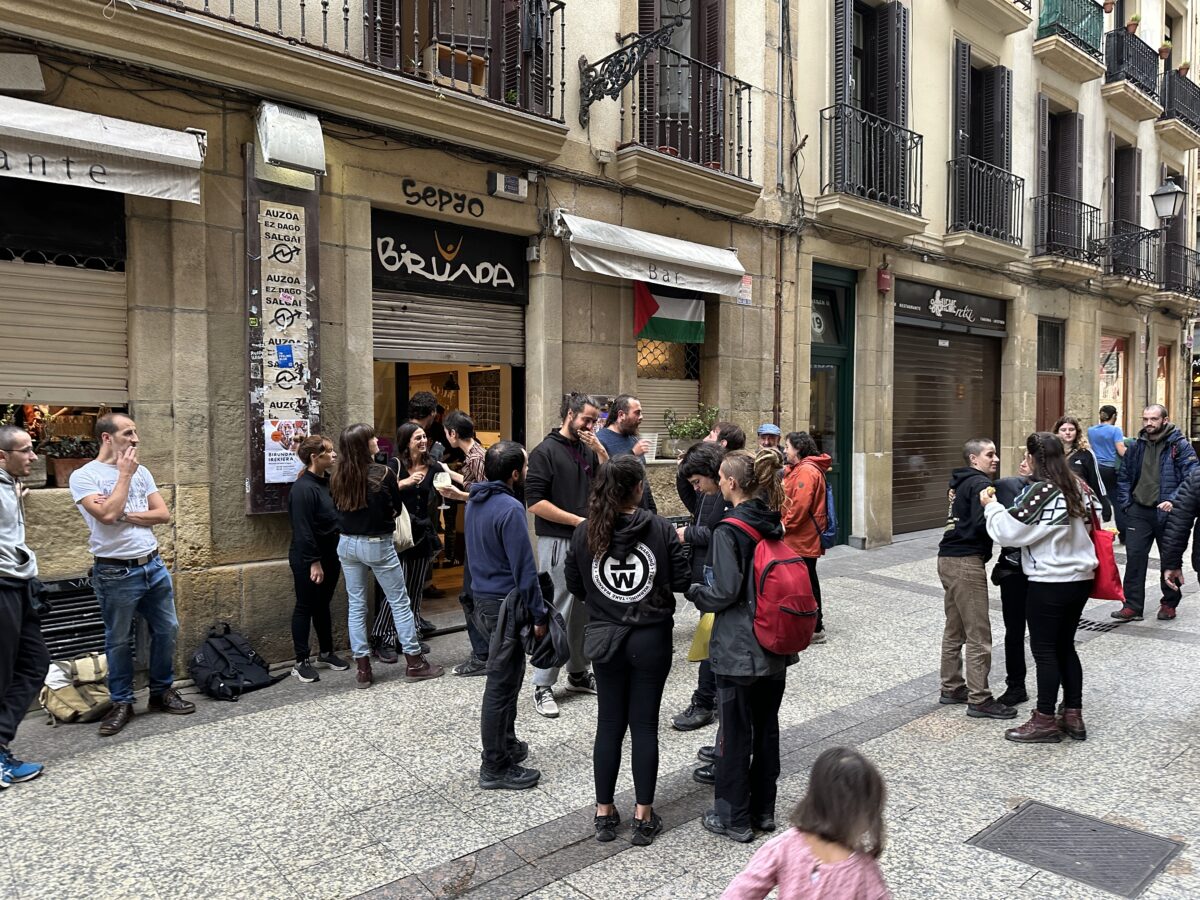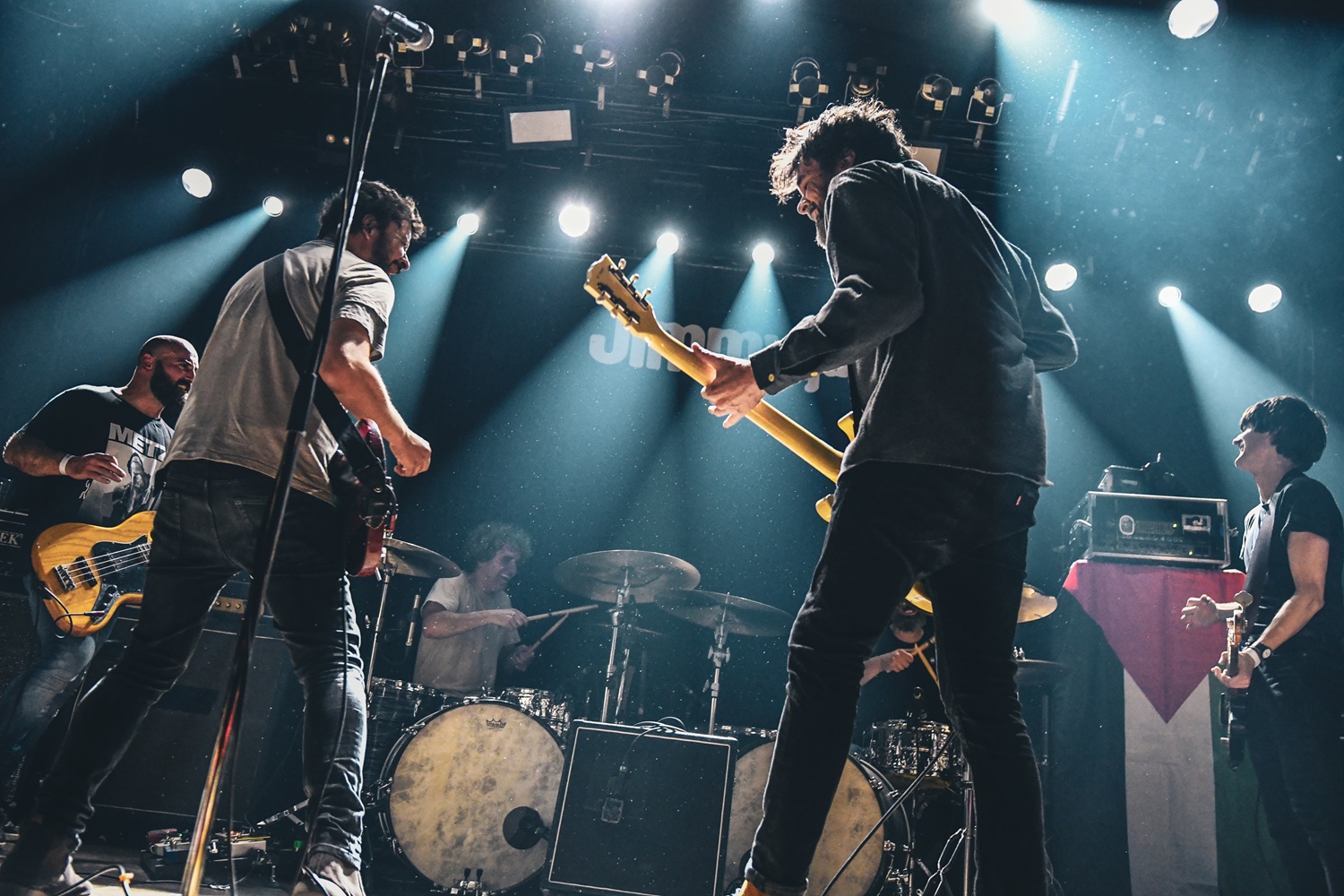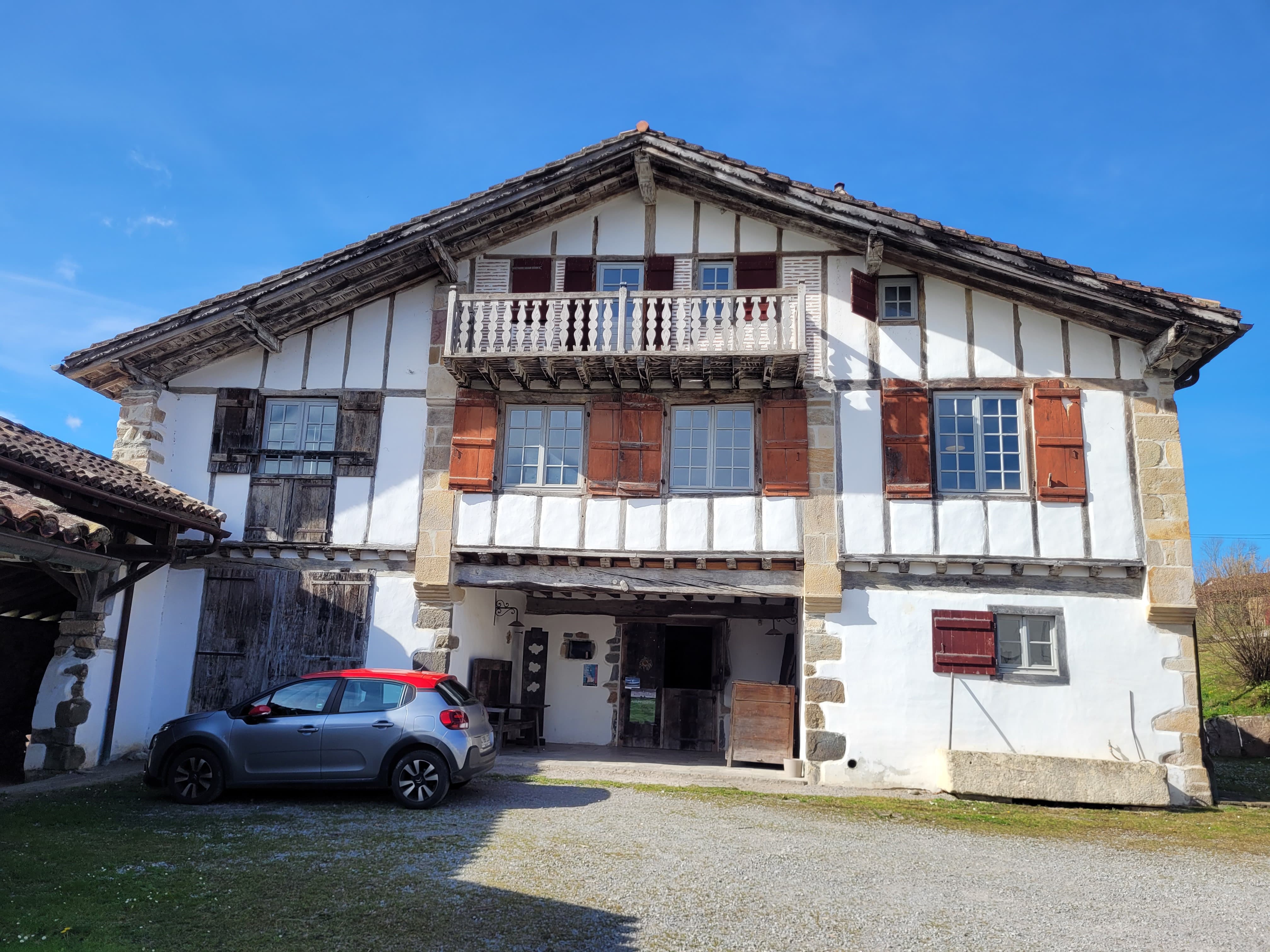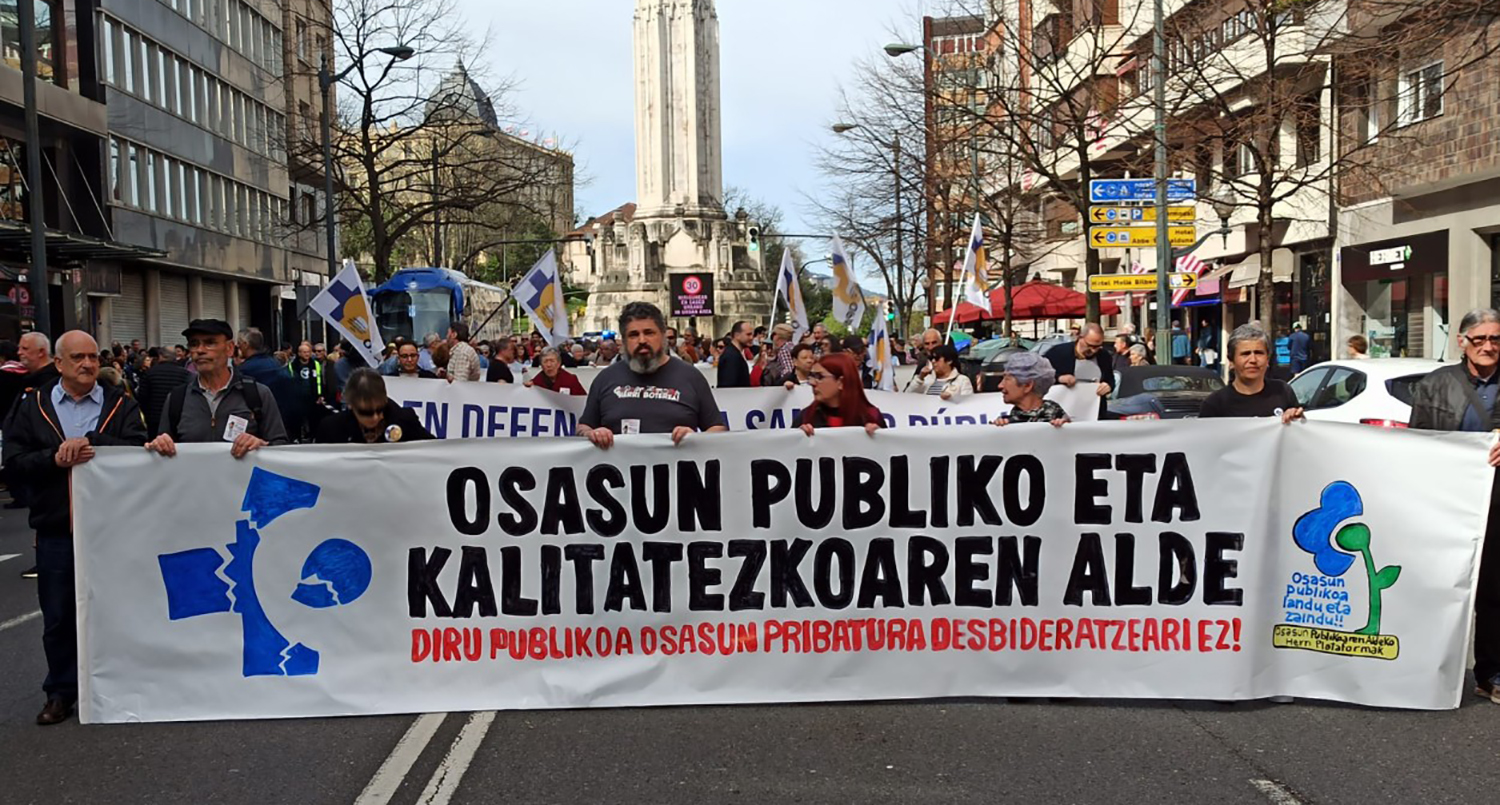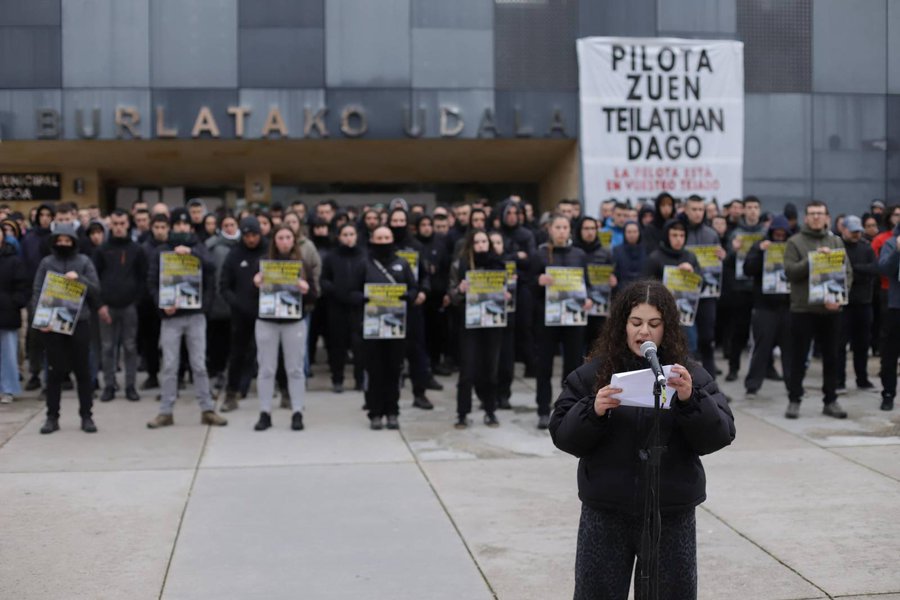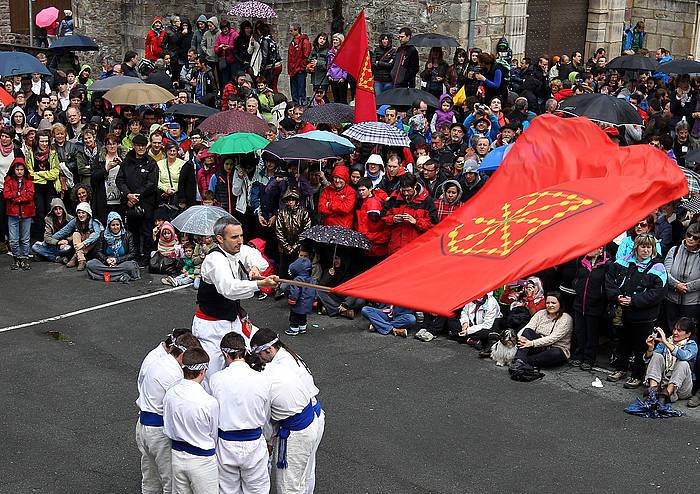The Great War and the Artistic Parable of Jacques Tardi
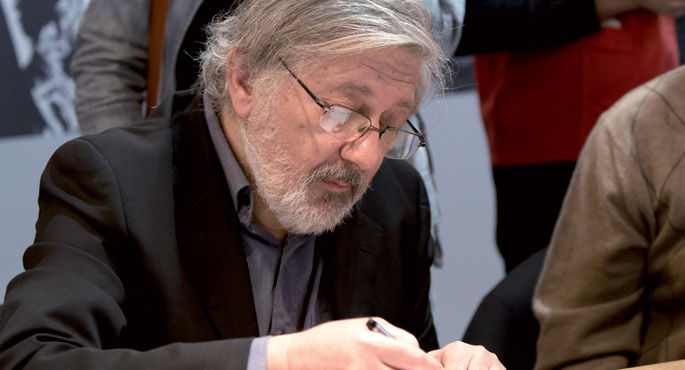
The seat of the Communist Party of France is located in Colonel Fabien Square in Paris. At the foot of the glass building that takes the form of a flag fluttered in the air, the staircases of the hole that opens on the stone floor advertise the entrance to a bunker. Named after the author, we find ourselves in space called Oscar Niemeyer.
Following the snake's journey, the original samples of Jacques Tardi's work appear on his stone walls (Valence, 1946); from his almost symbolist black white sketches we jump to the colored reality of a six-year nightmare. From the perspective of a French soldier, Putain de Guerre is a comic book that counts year after year the development of the First World War. (Casterman, 2008), who has been open to the public in Oscar Niemeyer space, between May 15 and June 20.
We wrote on the pretext of the centenary of World War I. But intellectuals like Tardi don't create their works just for the memory of the 63 million victims between 1914 and 1919. To do so, we have authorities that run the world. They are grouped into meaningful dates marked in the calendar, to simulate a reflection on what happened centuries and years ago.
Thinking of war is not a matter of today. But on the other side of these peacemaking speech puppets, we have to take into account writers and thinkers such as Bertolt Brecht, Sigmund Freud, Jean Giraudoux, Franz Kafka, Franz Rosenzweig and Walter Benjamin. These personalities identified, at the end of the 19th century, the codes of Western society structured in warmonistic ontology. Unfortunately, as history itself has shown, the ability to prevent the catastrophes of intellectuals and thinkers, as well as the efforts aimed at preventing them, did not help at all. The First and Second World War, the fascist dictatorships, the Spanish Civil War and, to name but a few, the war in Iraq, the attack on the Twin Towers or the events in Crimea are proof of the dehumanization we live in. And when we're in the 21st century, we keep thinking and writing against the War. Why? Don't we have enough memory? Maybe in that remembrance process, it's failed at something.
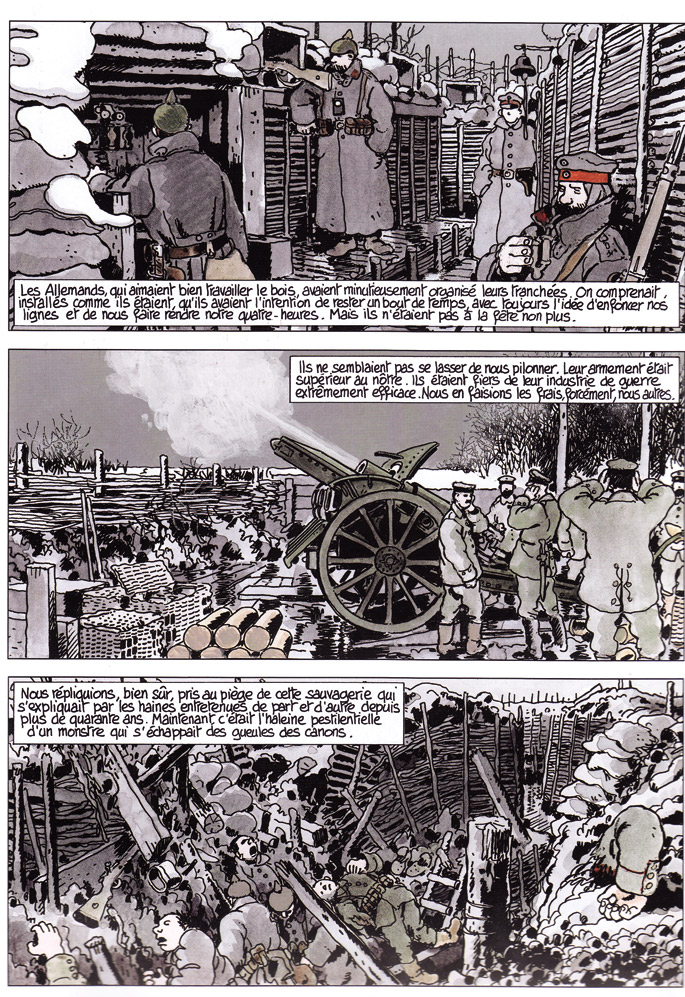
After seeing and reading Jacques Tardi's play, I came to the memory of Jean Giraudoux (1882-1944) and one of his great plays La guerre de Troie n'aura pas lieu (1935). If you look at the date and title of the piece, on the eve of World War II, Giraudoux comes with a formulation against a historic war that Homer left us written. Provocation is obvious. And Putin of Tardi's Guerre! This, coupled with work, was like declaring a war to war.
This kind of writers and thinkers, and at the same time the philosopher Manuel Reyes Mate (Valladolid, 1942) seems indispensable, have the same perspective of understanding the memory, born of a complex reflexive process. Memory is conceived as a fusion between the past, the present and the future, in which it requires more active action than the mere memory of the dead. When we are faced with a work of intellectuals like Tardi, we are awakened to the awareness of the responsibility of what surrounds us.
Man is forbidden to turn his back on history, and if we consider what we are experiencing as an unalterable misfortune, it is a sign that we have learned nothing. Remembering is looking for why and imagining that it could change the course of events. Could we avoid World War I? It's possible. But with thinking about the past in a different way, we offer a new opportunity to the present. This means that the projection of the future is the hope of the present that survives in this reformulation of the past.
As the First World War could be avoided, we must direct our forces to avoid any future war. Obtaining or not. In any case, assuming that failure is an inherent characteristic of the human being, the possibility of changing the course of history is in our hands.
Putain de Guerre! It's an expression that's linked to orality, that we all have to reclaim, and that through comics we find ourselves again and again in the mouth of the narrator soldier. Combining images and words in a wonderful way, most of the time expressing the face and the back, they have a concrete goal: The First World War wants to be the parable of all wars. An artistic way to show the absurdity of any war.
The State sells war as an honorary act, in the conception of heroism that we already find in Homer. The protagonist of Tardi, on the contrary, is able to predict the death that he and his companions expect in the trenches. He condemns being born because he has to kill men like him in favor of the homeland. In this sense, it defines the conception of the enemy, its representation, as a German, when they meet face-to-face, aware of the absurdity of the situation, the rifle is lowered and their backs are turned on. Beyond nationality, both have reflected on humanity.
Nafarroako Ikastolen Elkarteak lehendakari berria du. Oier Sanjurjok hartu dio lekukoa Elena Zabaleta Andresenari. Beste zazpi kide izanen ditu alboan Sanjurjok.
ELA sindikatuak azaldu duenez, azken Lan Eskaintza Publikoaren oinarrien arabera, Ertzaintzarako eskainitako lanpostuen %20ak eta Udaltzaingoaren %30ak ez daukate euskara-eskakizunik. Gasteizen, adibidez, udaltzain-lanpostuen erdietan, 24tan, ez dago euskara-eskakizunik.
Ustez, lokalaren jabetza eskuratu dutenek bidali dituzte sarrailagileak sarraila aldatzera; Ertzaintzak babestuta aritu dira hori egiten. Birundak epaiketa bat irabazi du duela gutxi.
Inoren Ero Ni + Lisabö
Noiz: martxoaren 14an.
Non: Gasteizko Jimmy Jazz aretoan.
----------------------------------------------------
Izotz-arriskuaren seinalea autoko pantailatxoan. Urkiola, bere mendilerro eta baso. Kontzertuetara bideko ohiko errituala: Inoren... [+]
Euskalgintzak Senpereko Larraldea etxea faltan botako du. Uda gabe, Bertsularien lagunak, bertan gelditzen den azken elkarteak, lekuz aldatuko du eta etxea hetsiko dute. Euskararen, euskal kulturaren eta arteen ohantzea izan da Larraldea, urte luzetan Andoni Iturrioz mezenasak... [+]
Berrogei urte dira Euskal Herrian autismoaren inguruko lehen azterketak eta zerbitzuak hasi zirela. Urte hauetan asko aldatu da autismoaz dakiguna. Uste baino heterogeneoagoa da. Uste baino ohikoagoa. Normalagoa.
Txinparta izeneko prozesua Martxoaren 21ean hasiko da eta urte bete iraungo du. "Udaberriaren hasierarekin batera proiektu herritar berri bat" aurkeztu nahi dutela adierazi dute.
PP, Vox, Junts eta EAJren botoekin Espainiako Kongresuak onartu du otsoa espezie babestuen zerrendatik ateratzea eta, horren ondorioz, berriz ehizatu ahal izango dute Duero ibaitik iparrera.
Itxaron zerrendak gutxitzeko Osasunbideak hartutako estrategiak gaitzetsi ditu Plataformak
Protestak 24 ordu bete dituenean, suhiltzaileak bertaratu dira udaletxera eta kateak moztu dizkiete bi gazteei. Bi kateatuek gaua bertan igarotzea "udaletxearen hautua" izan dela adierazi du Gazte Asanbladak, eta udalaren ordezkariek "ekintza deslegitimatzeko eta bi... [+]
Ez da gauza berria politikari profesionalak gizarteko arazoak estaltzeko ahaleginetan ibiltzea. Azkenaldian Denis Itxaso -EAEko Etxebizitza sailburua- entzun dugu etxegabetzeei garrantzia kenduz eta aditzera emanez gurean bazterreko fenomenoa direla; eta Begoña Alfaro... [+]
Iruñeko Zaldiko Maldiko Elkartean eta Baigorriko Bixentainean aurkeztu da aurtengo Nafarroaren Eguna, egun berean. Ohi bezala, apirileko azken igandearekin bat egingo da festa Baigorrin, eta horrez gain, apirilean hainbat ekitaldi egingo dira eskualdean.
Antropozentrismoaren aldaera traketsena eurozentrismoa izan zen. Europako mendebaldea, geografikoki, Kontinente Euroasiarraren penintsula txiki bat besterik ez da, baina lau mende luzez gertaera demografiko, teknologiko eta ideologiko batzuk zirela medio, bazter horretako... [+]
Hezkuntza eredu propioa "ezinbestean" independentziatik etorri behar dela adierazi dute, eta sistema propio hori "publikoa eta komunitarioa" izatea nahi dutela. Ikamak deituta, goizean zehar piketeak egin dituzte Euskal Herriko hainbat hezkuntza zentroetan.









